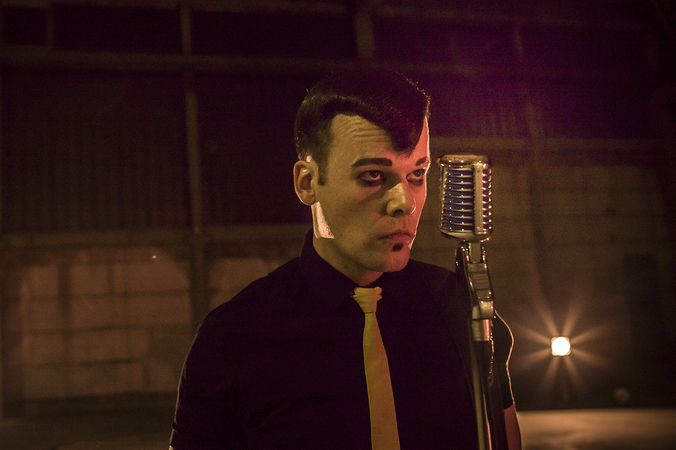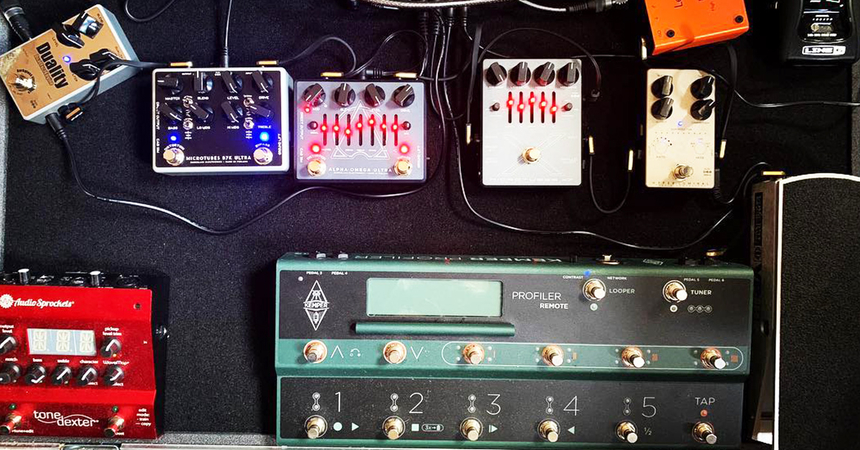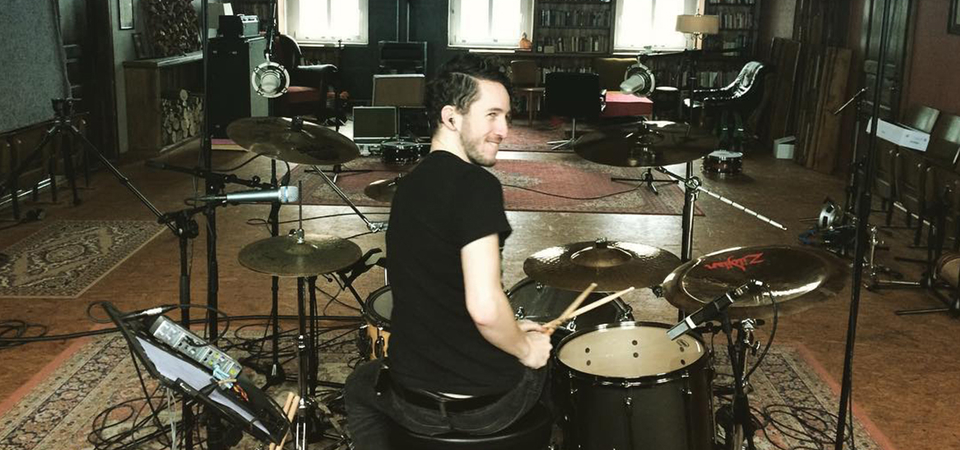Don't be discouraged! There may be various reasons. There are strong release periods like spring before festival or tour season. There are also a lot of releases in autumn and at Christmas. We sometimes didn't know what to play first but had no space on our rotation.
Or …
- your track does not meet the criteria mentioned either,
- there is no data for your songs,
- there is currently no space on the rotation list.
In addition, unfortunately we have less time to listen to everything than you might think. Let's be brief: I really listened to well-known and unknown music on a regular basis. But I sometimes had things on the table that had been there for three months and I just didn't get around to it. It's like, I have another tab open here that interests me, and another one there, and another one here. At some point you have 30 tabs open and you have to admit that it makes no sense and close the page with all the tabs.
Because at some point release dates are outdated, a tour is long over or a new single is coming up. That's why music editors figuratively set the "counter" to zero from time to time.
Definitely don't take it personally!




